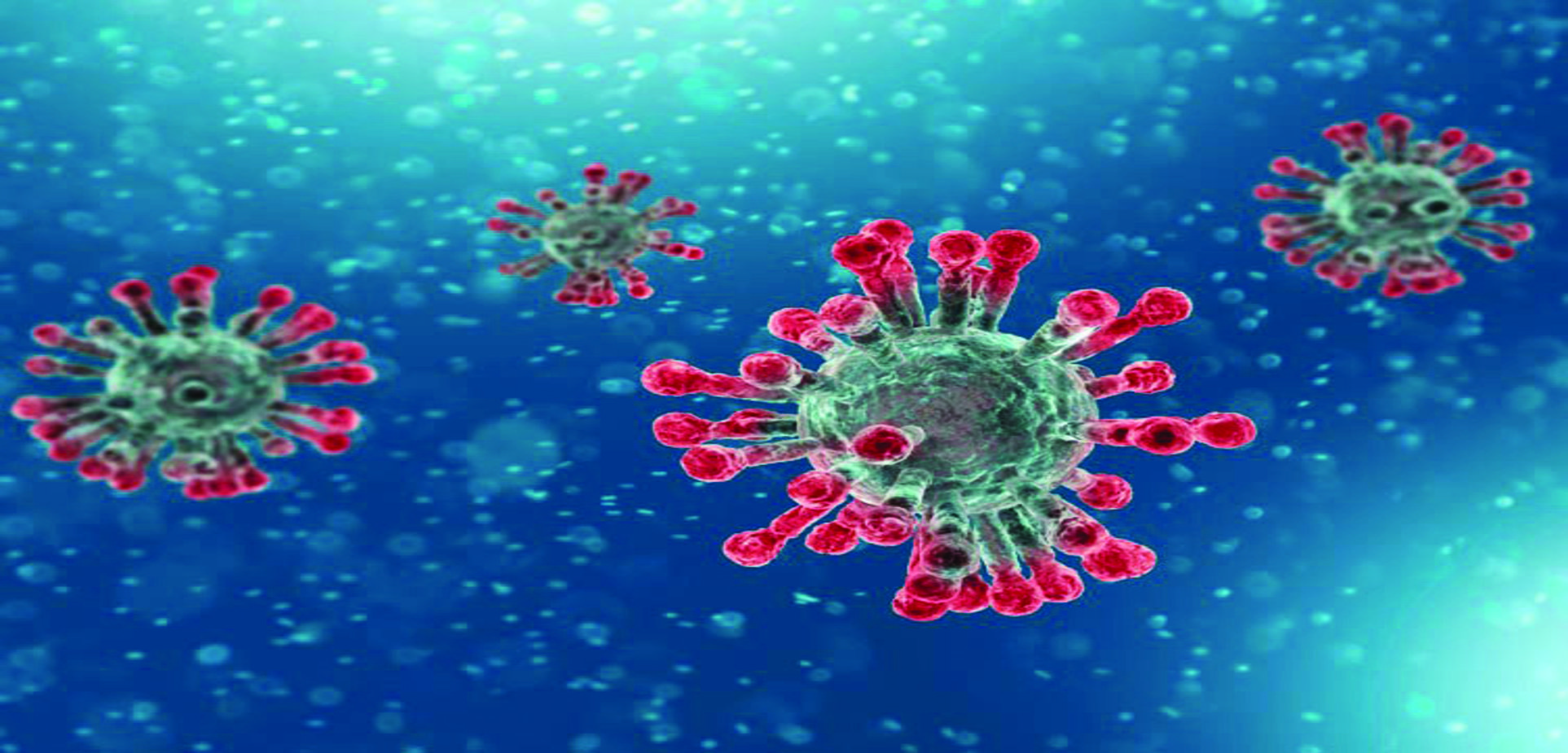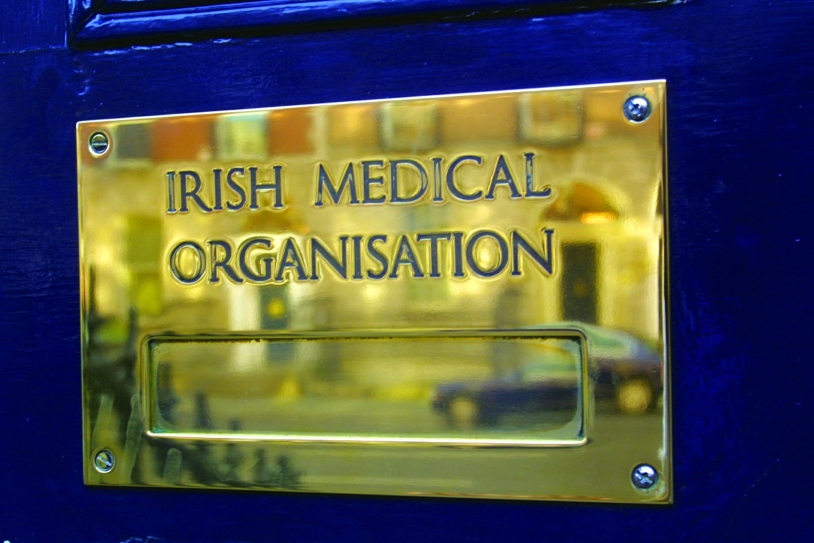Today marks the start of a significant and important study of healthcare workers in two large acute hospitals.
The PRECISE Study will look at rates of previous COVID-19 infections in healthcare workers in St James’s Hospital, Dublin and University Hospital Galway.
Over the next two weeks, staff in both hospitals will be invited to have a blood test to determine the presence of COVID-19 antibodies. The study will be repeated in six months and the data compared. Participation is voluntary and open to all staff across all departments in both hospitals.
Commenting on the study, Dr Lorraine Doherty, HSE National Clinical Director for Health Protection, said: “The PRECISE Study aims to calculate the prevalence of anti-SARS-CoV-2 IgG antibodies, or COVID-19 antibodies in healthcare workers in two hospitals in two distinct areas of the country. It will help the health service better understand this new infection, including the risk factors relevant to healthcare workers, for example the areas they work in and the type of patient exposure they have, as well as factors such as their sex, age and living arrangements.
“It will help the health services to broadly estimate the number of healthcare workers that may have some degree of immunity to COVID-19 infection and those that are still at risk of contracting the virus. It will identify the proportion of healthcare staff who have the antibodies present but were asymptomatic and therefore possible unaware of their exposure to the virus. All of the information gained from this study will ultimately help the health services prepare for increasing number of cases.”
Dr Catherine Fleming, Consultant in Infectious Diseases at University Hospital Galway and site lead for the PRECISE Study, added: “This is a new and very infectious virus that seems to spread rapidly indoors when people are in close contact. Hospitals are unique environments with all employees having lives outside the hospital, but also spending long hours at work in close contact with patients, families and co-workers. This puts people who work in hospitals at increased risk of acquiring COVID-19. If we can ascertain the number of infections here in University Hospital Galway, which is in a low incidence area and determine the areas of risk and then compare with St James’s in a high incidence area, we can learn about how the virus spreads in hospitals.
“We hope that this information will help us protect staff and patients from acquiring COVID-19 in hospital as we will likely grapple with this virus for at least the coming year. While this study is completely voluntary we would urge as many as possible of our staff to participate to help us learn more this virus which has caused such devastation around the world.”
Dr Niamh Allen, the study’s Primary Investigator and Specialist Registrar in Infectious Diseases, said: “Staff in both hospitals will be invited to complete an online questionnaire confirming their willingness to participate and providing some information about their type of work, their patient contact, any previous testing for COVID-19, previous symptoms, and living arrangements. They will then be able to book a blood test at designated clinics which will be in place in numerous sites in both hospitals over a ten-day period in October. Should staff wish, they will be able to get the result from their blood test once the laboratory analysis is complete.
“While some staff may find out that there were antibodies to the COVID-19 virus found in their blood, staff will be advised that this does not mean that they have immunity to the virus and should continue to follow all of the HSE’s public health advice. Anonymised results will be shared with the Department of Health COVID-19 team and the HSE to help them plan and make decisions about how to control the spread of the virus.”
Prof Colm Bergin, Consultant in Infectious Diseases and site lead in St James’s Hospital Dublin, added: “This study is a unique opportunity for staff to take part in research that we hope will help us understand more about how the COVID-19 infection spreads. The results may also provide us with valuable insights into how people may respond to any future vaccine. Our aim is to curb the spread of the virus and make our hospitals safer environments for our patients and staff.”
The blood tests for the study will take place from 14 to 23 October. Bookings will be open, along with the online questionnaire, from today (6 October). It is planned to repeat the study with consenting participants after six months to see if the levels of antibodies have changed over time.













Leave a Reply
You must be logged in to post a comment.